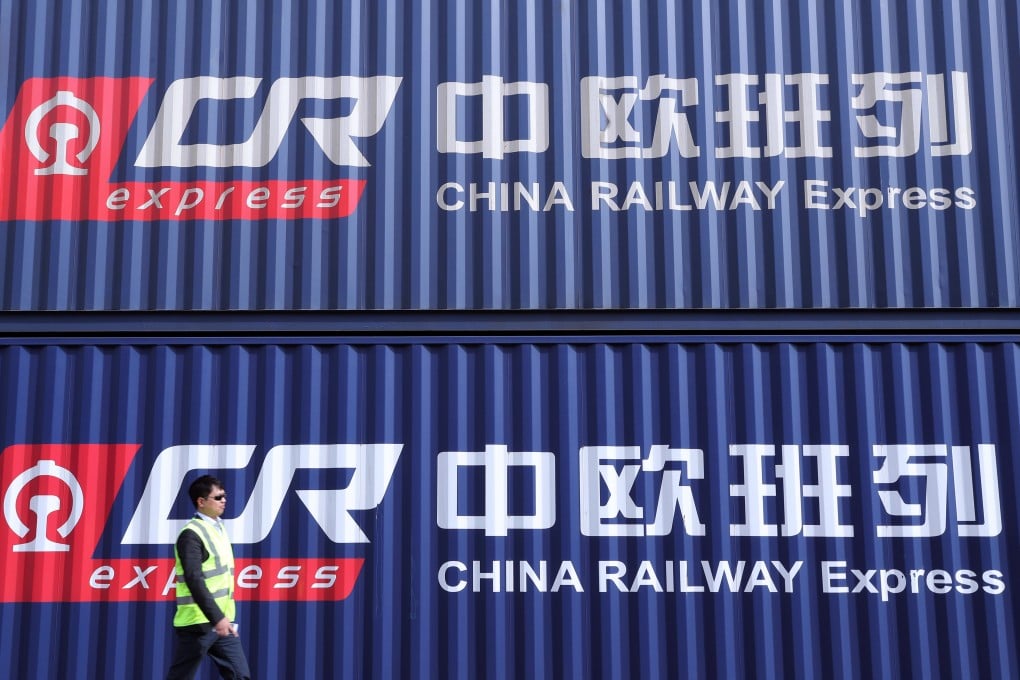Opinion | How China’s belt and road diplomacy could end the Ukraine conflict for good
- Ukraine’s integration into the ambitious rail network linking China with Europe, by providing alternative routes bypassing Russia, would be acceptable to the EU and US
- And Russia, too, could be open to China taking a lead on brokering a sustainable ceasefire, especially if it means lifting some sanctions

A post-war scenario in Ukraine that favours both Russian and Western interests is key to a sustainable ceasefire. China could be well placed to pitch its Belt and Road Initiative as the key road map to this scenario.
China’s dislike of unilateralism gave rise to a Sino-Russian diplomatic partnership that has seen the two permanent UN Security Council members oppose US military intervention in Syria, sanctions on Iran and other similar policies.
However, Russia’s February 24 invasion of Ukraine was a unilateral move itself, and its impact on China’s global interests shows why Beijing opposes unilateralism.
Russia’s unilateral invasion torpedoed these plans and also invited unprecedented European Union sanctions on Russia. This has affected China’s trade with Europe, most of which transits the Russia-Belarus part of the belt and road’s “New Eurasian Land Bridge”. As a result, China retains a strong interest in getting both Russia and the West to back off in Ukraine.
Usually, China avoids the diplomatic entanglements that accompany foreign conflicts as much as it avoids the conflicts themselves. However, Beijing possesses credible neutrality on Ukraine, and the geopolitical outcomes of Ukrainian integration into the belt and road may be acceptable enough to both Russia and the West for them to de-escalate at China’s urging – so as to allow Ukraine’s belt-and-road-driven restoration – without looking like they capitulated.
